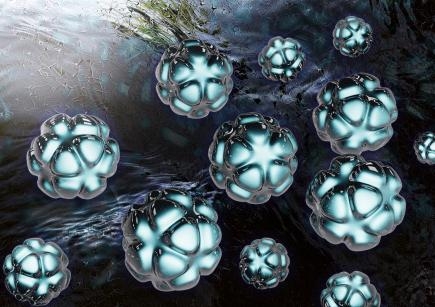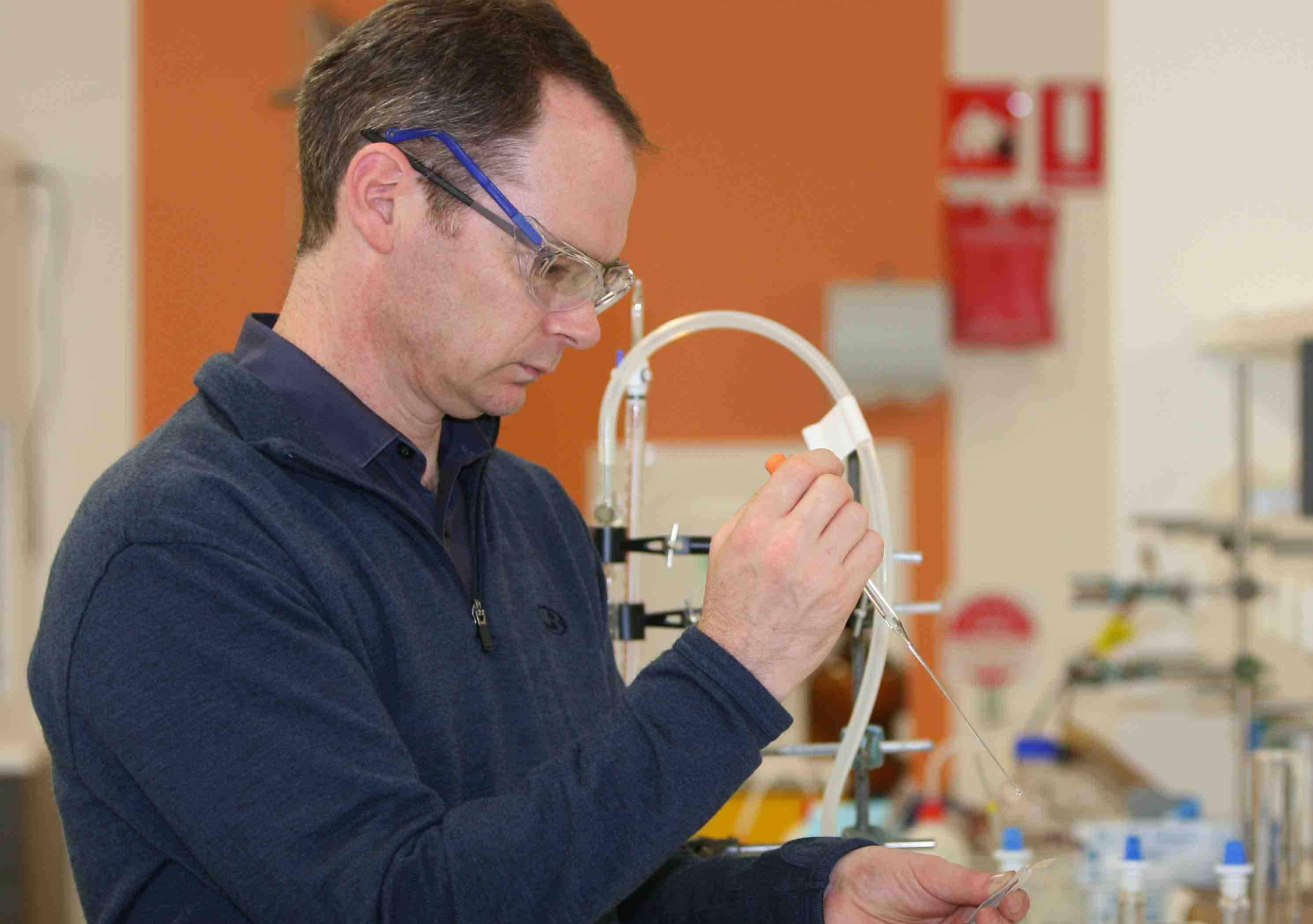New centre of excellence to push nanomedical frontiers
UNSW researchers are developing drugs tailored to an individual patient and delivered directly to a target organ as part of a new Centre of Excellence that explores medical innovation at the molecular level.



